Waste Not Want Not
530,000 tons of food is wasted across America on a yearly basis. This is an abomination in any country where people are starving and everyone should do their part to decrease this level of food waste. We should try to cease, or at least decrease, the amount of food that is thrown away. It might not seem that significant, but if students try to increase efforts to not waste as much food during lunchtime, we can make a difference.
The school district spends $978,000 annually purchasing food for its cafeterias.
JISD has implemented an ‘offer versus serve’ method of service in an effort to prevent plate waste. Students can select from the offered food items versus everything on the line being automatically served onto each plate.
When people waste food, the amount of resources used to make said food is also wasted. As the food and its resources are wasted, the air becomes more toxic and poisonous for us to breathe and holds us back from trying to improve the environment for those who will be in charge of the future. People should be more grateful and considerate towards the things Americans receive and are blessed to have because there are others in the world who have nothing and teenagers throw away so much; Americans should have respect towards the objects, people and opportunities we get to have and teenagers don’t appreciate all the blessings they have as students.
Some would argue the food they personally throw away doesn’t impact the environment; this may be true because throwing one thing or two things may not impact it hugely. This would definitely be true if it were only one or two people wasting small amounts of food. However, over time these issues pile up and cause extensive damage in the long haul. Globally, 2,800 billion pounds of food are wasted every year. In the alone U.S, 108 billion pounds are wasted every year.
Most importantly, less food waste makes the world less filthy and a better place for future generations. Teenagers and adults could start now to make the environment cleaner and safer for children, who can grow up and take care of the world in a better way than Americans are at this moment. At a relatively local school district less than 80 miles away, Wylie Independent School District “students were encouraged to only take items they would consume during lunch, and put any unopened, unused food on a “share” table for other students to take.” This presents an opportunity and option JISD could use to lower the amount of food waste in the school as well as students could contribute to a share program if they didn’t eat everything they had chosen.
Your donation will support the student journalists of Joshua High School. Your contribution will allow us to purchase equipment and cover our annual website hosting costs.

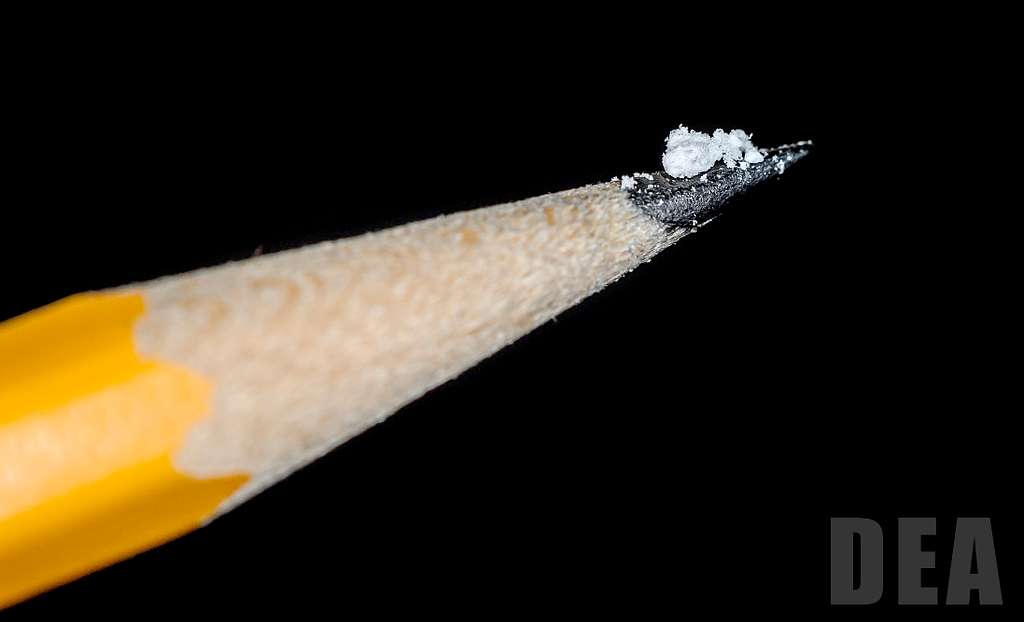
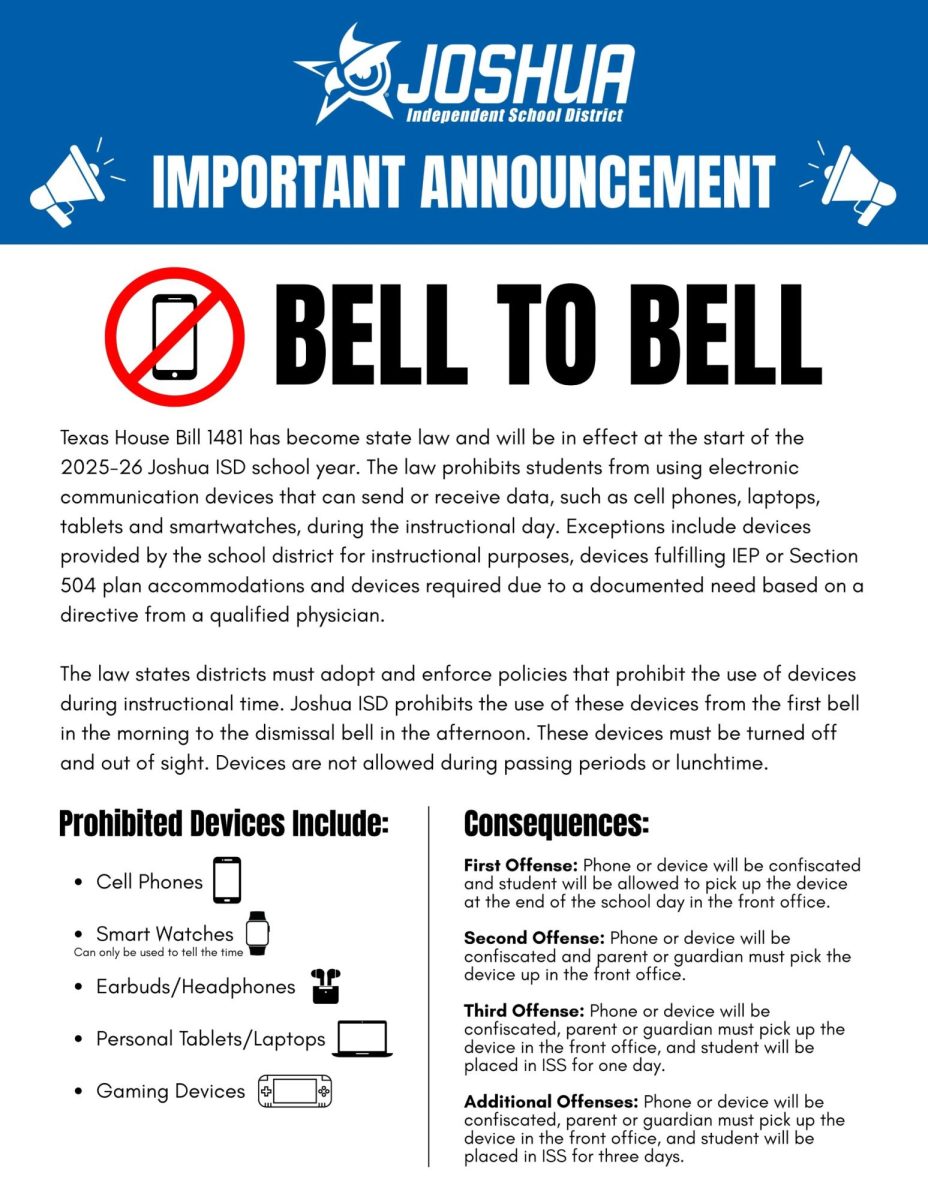
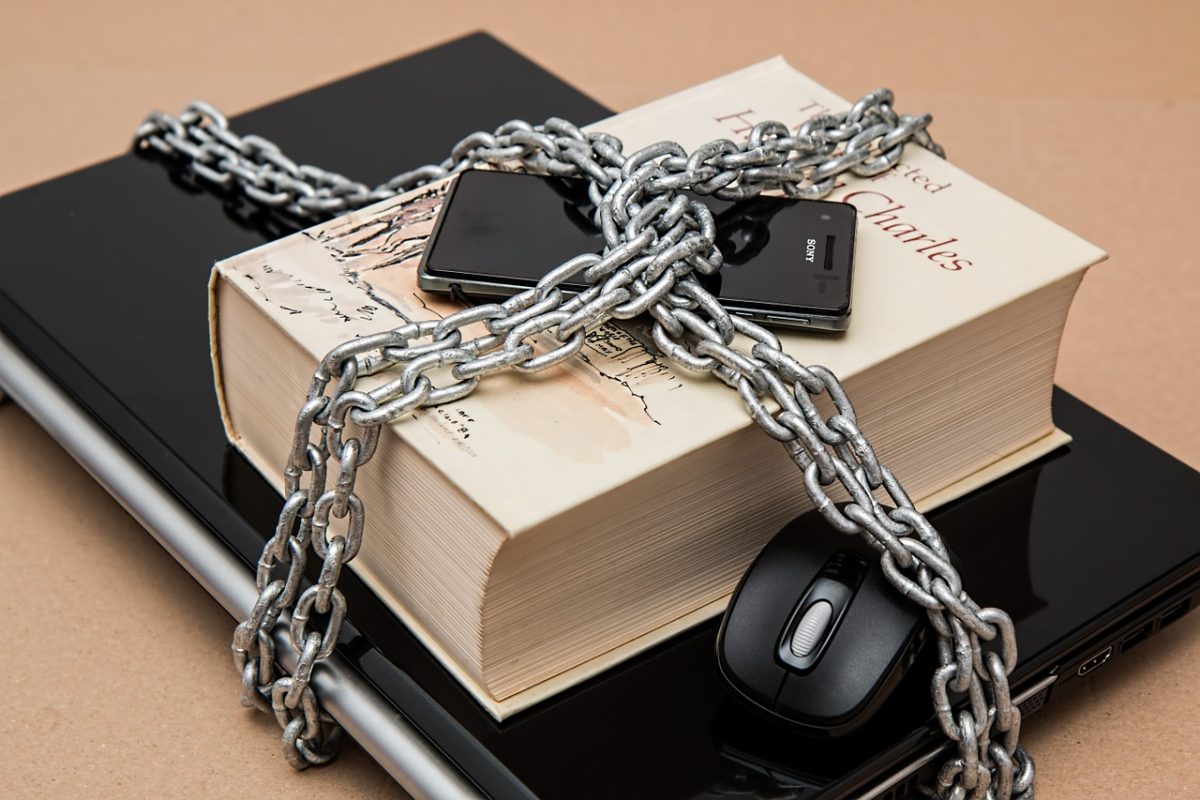


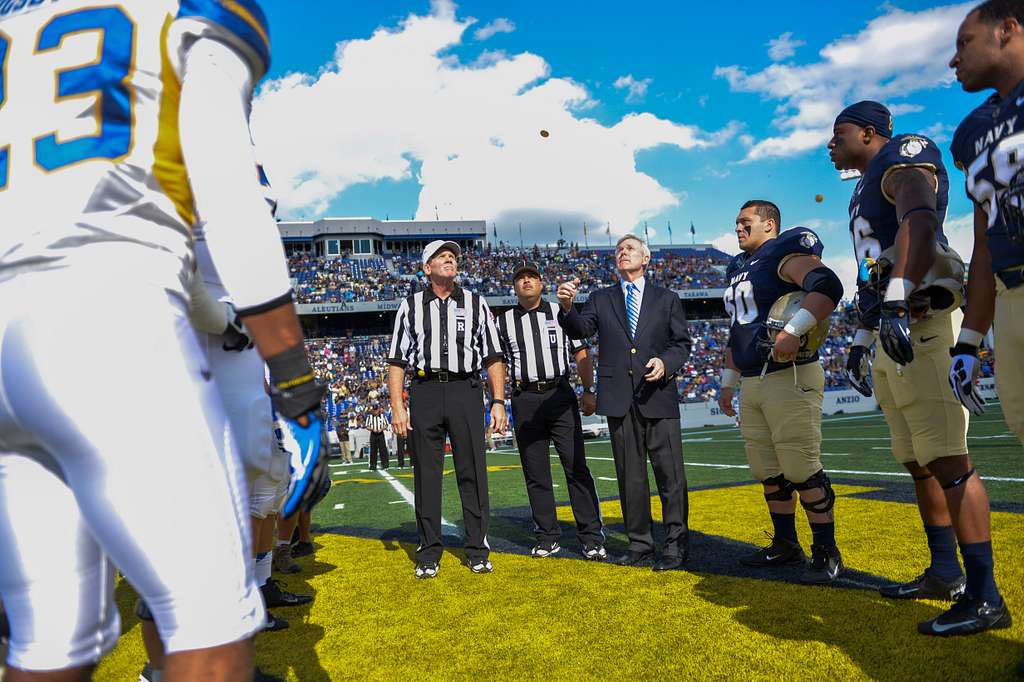




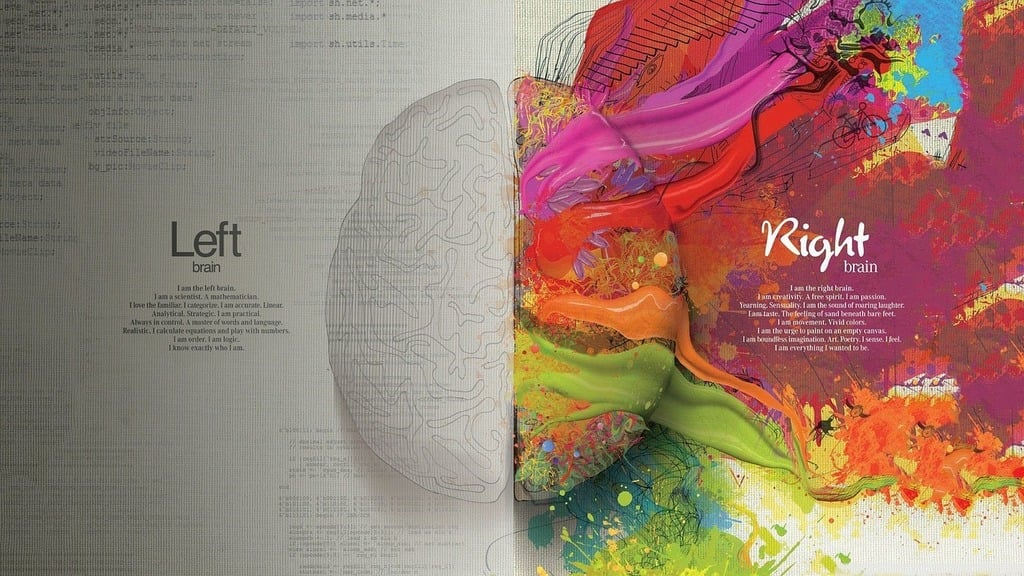



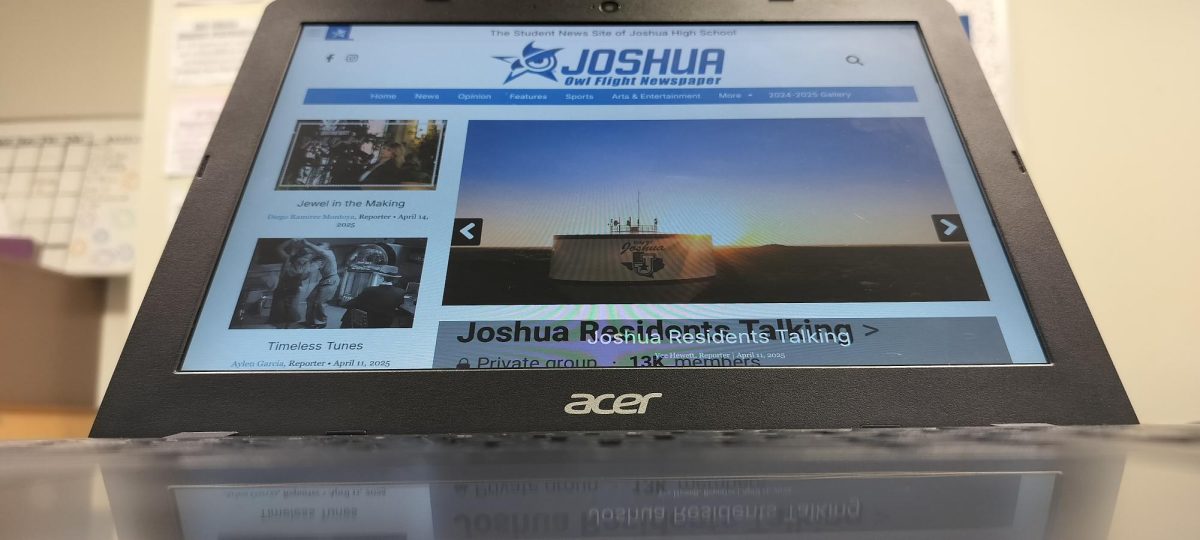

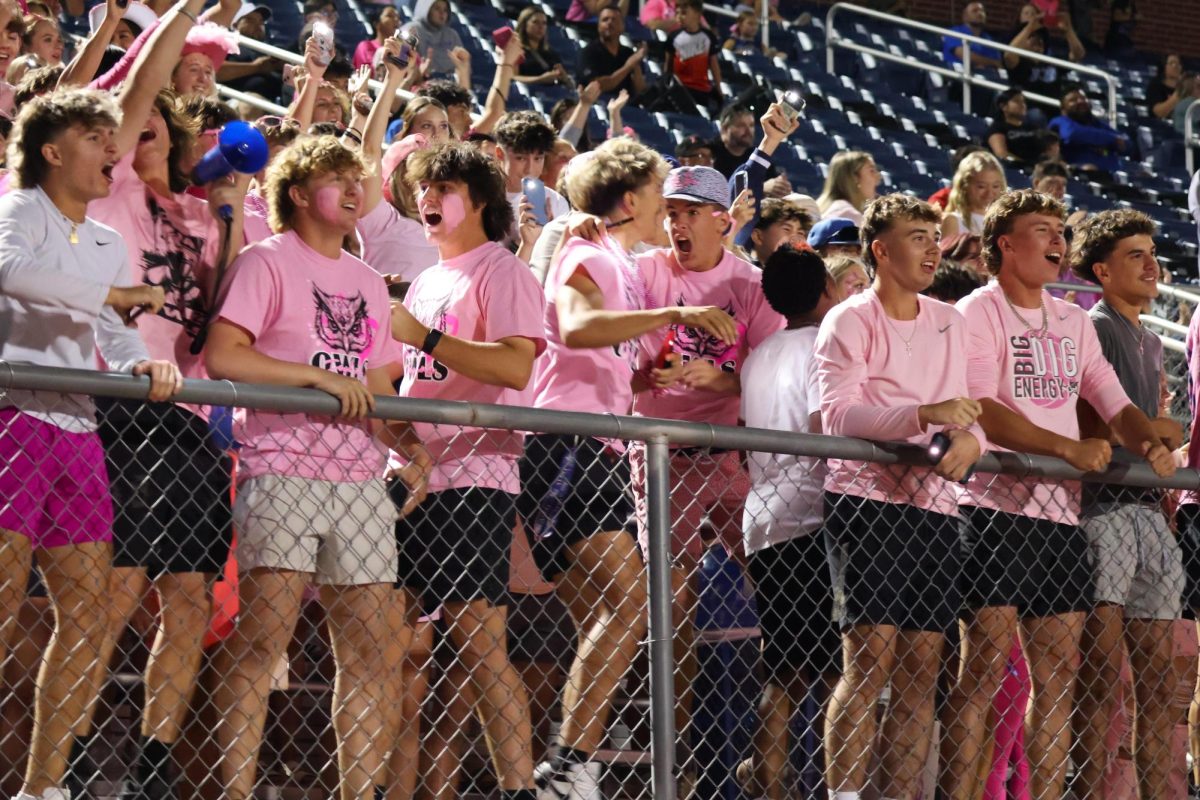
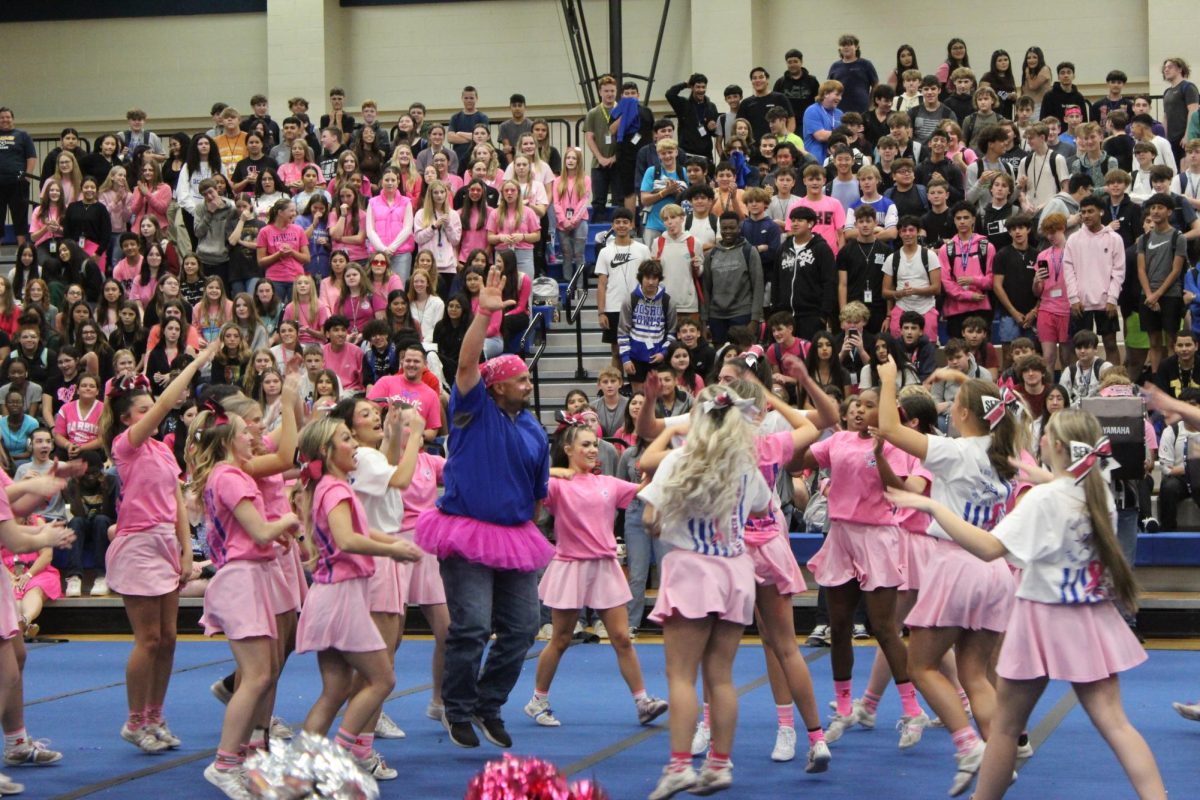
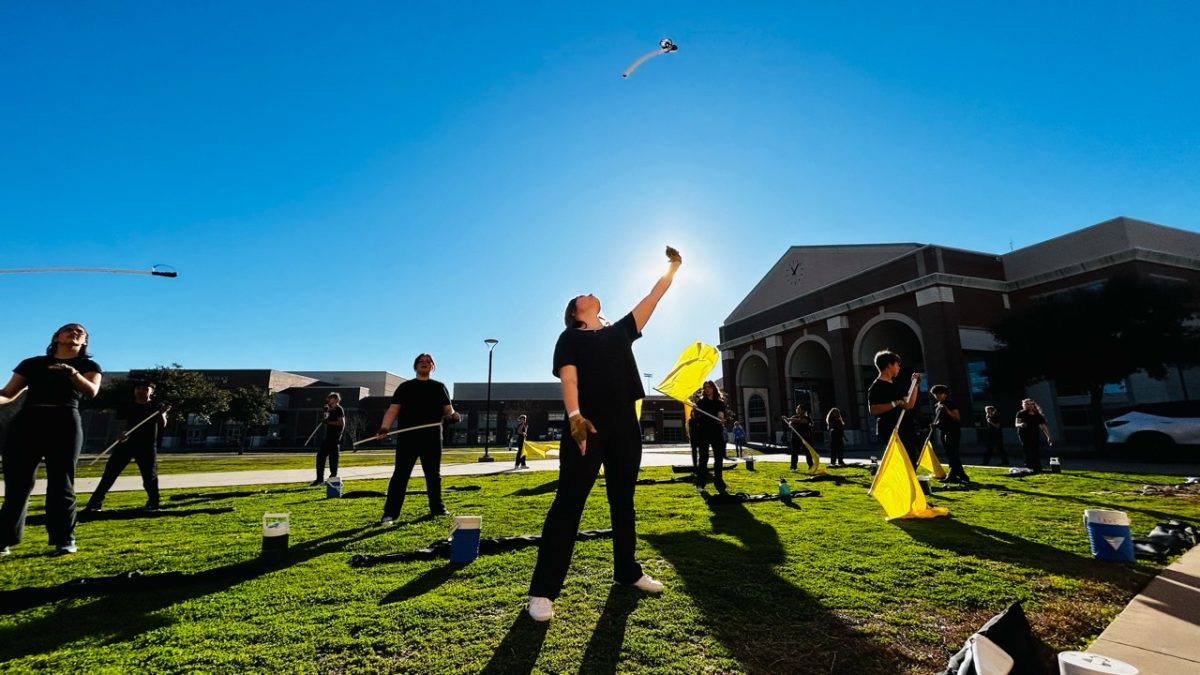
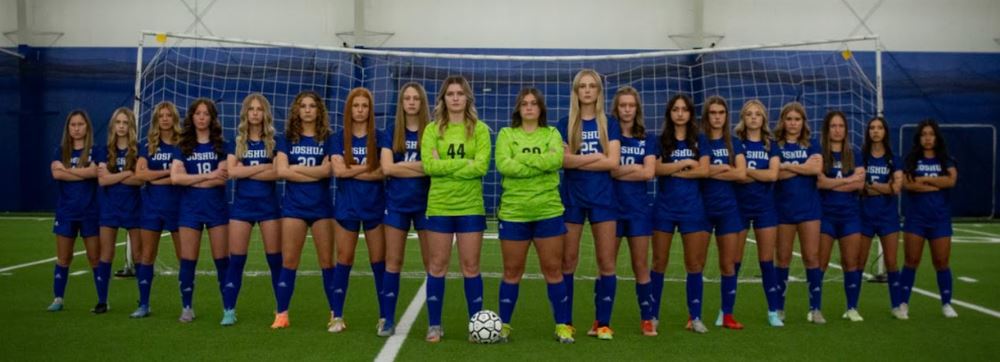
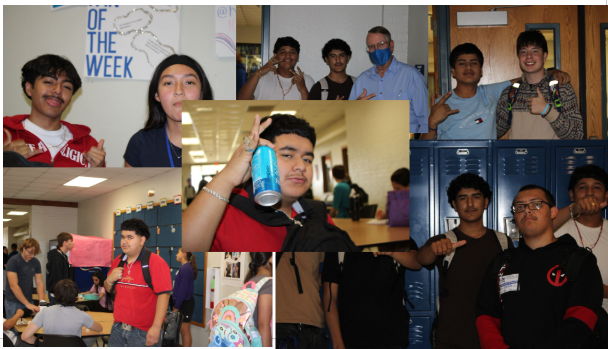
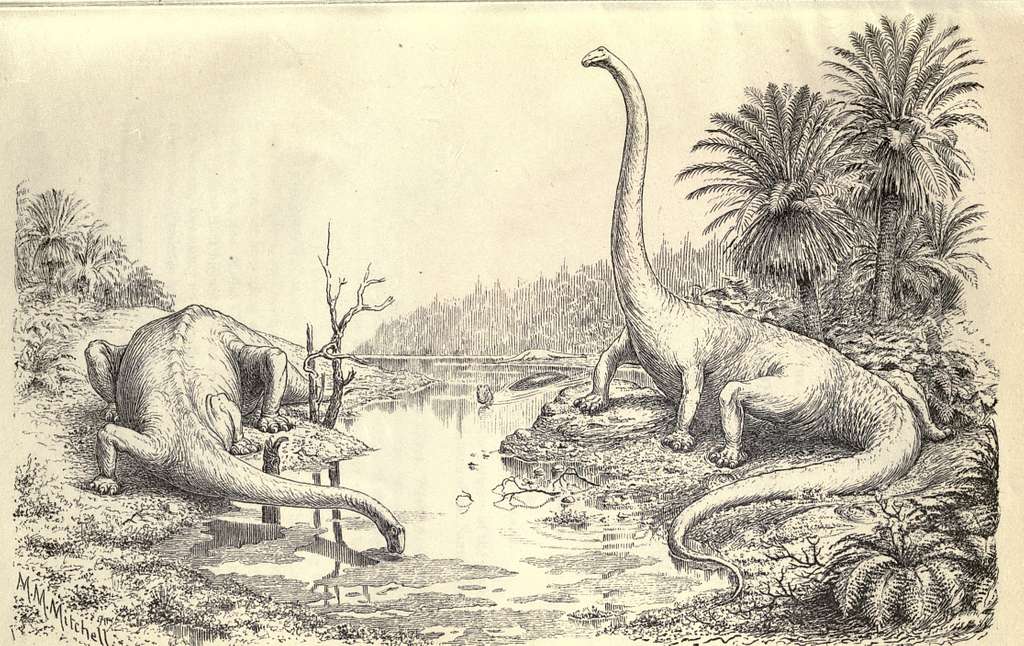


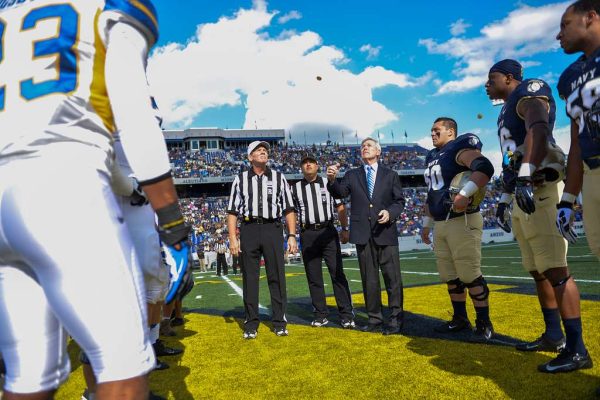




Brooklyn McKinney • Nov 12, 2021 at 10:47 AM
I enjoyed reading this! Really insightful 🙂